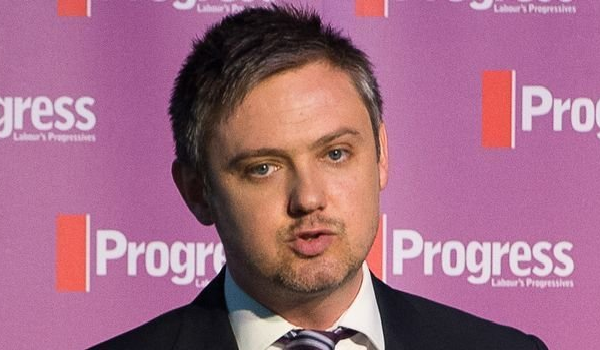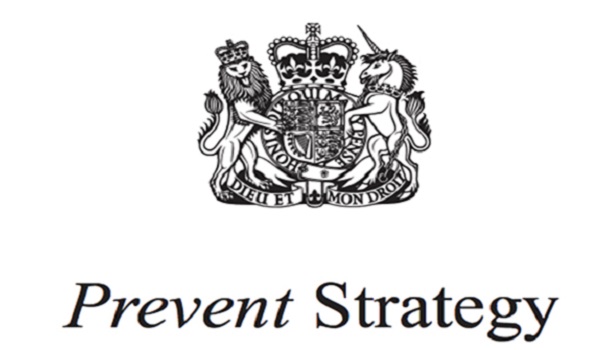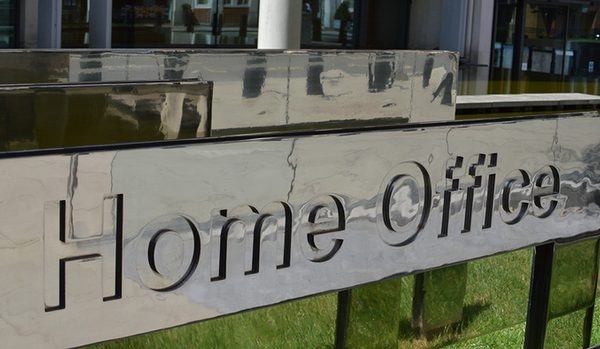One in ten jihadis are prosecuted on return from Syria
MPs have called for tougher terror laws following revelations that just ten per cent face criminal proceedings for joining Daesh.
In a House of Commons debate on Tuesday (June 12), Home Office Minister Ben Wallace revealed that of 400 jihadis who have returned from Syria only around 40 have been prosecuted for the actions that they carried out.
In the debate on the new counter terrorism strategy (CONTEST) announced earlier this month, Labour MP John Woodstock said that “urgently we must toughen terror laws”, claiming that the rest should have faced prosecution.
However, an Opinium Research poll taken in November revealed that convicting or rehabilitating fighters was the least popular option – most said returning jihadis should have their citizenship removed.
And 77 per cent of participants also said that jihadi fighters can never be rehabilitated into society.
Mr Woodcock called for an Australian-like legal system that prohibited jihadi fighters from visiting terrorism hot-spots on return. He claimed that it “would go a long way towards the deterrent effect that the Government understandably wants to create to stop people from taking the crazy journey into war zones to support jihadi organisations that seek to destroy our way of life”.
These stricter laws, Mr Woodcock claims, are proportionate punishment to those who “have been aiding enemies of the British state”.
The Home Secretary, Sajid Javid, confirmed that the Government is considering introducing the equivalent of the Australian ‘extraterritorial offence’ but insisted that “there’s a bit more work to do on it, it’s not as straightforward as it might sound”.
“If it is to become a legislative proposal, I obviously want to make sure that we have considered it properly. If I am persuaded by it and we can complete the work in time, I intend to bring that forward as a Government amendment to the Bill.”
Shadow Home Secretary Dianne Abbott cautioned against treating anyone, British citizen or not, as a potential terrorist simply by the act of crossing the border.
“Such powers should be granted only with due care. All inhibitions on the rights of the citizen by the state must be based on evidence or reasonable grounds for suspicion.”
Concerns were also raised by MP John Howell who questioned whether the UK could independently respond to crimes committed overseas: “The reaction to terrorism is international, and if the Council of Europe convention on the prevention of terrorism is to mean anything, we need international co-operation and international action. If an individual commits a terrorist offence in a foreign country, they should be liable under UK law as if they had committed the offence in the UK.”
He also suggested that prison is potentially doing more harm: “We run the risk that prisoners will be more susceptible to the influences that will affect the radicalisation process. We need to address that matter in total from the beginning,” he said.







